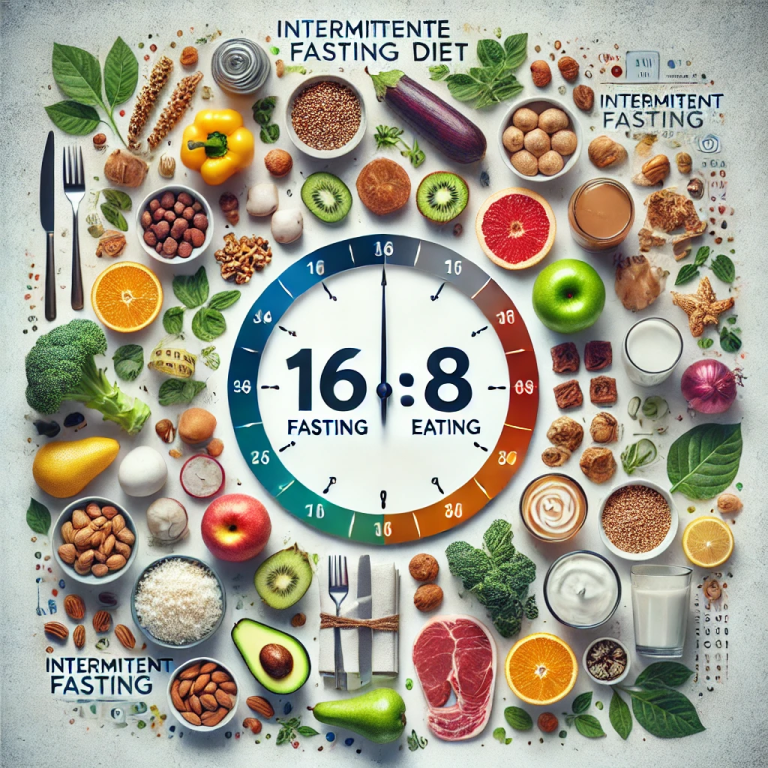Longevity studies: what’s hot right now?
Longevity seems to be a really fast developing field and of course, at my age, I want to do the best I can to live a long and healthy life. Some of the below areas of study are still somewhat in clinical settings and are not quite ready for human trials, but others are already moving forward.
Here are some of the biggest current themes in the longevity conversation:
1. Senolytics (Clearing Senescent Cells)
Senescent cells are “zombie” cells that stop dividing but don’t die off. They secrete harmful chemicals and drive aging. Senolytic drugs like fisetin, quercetin + dasatinib, or experimental compounds aim to selectively kill these cells. Early mouse studies show reversal of age-related dysfunction and longer lifespan.
2. NAD+ Boosting
NAD+ is a molecule vital for energy production and DNA repair. It declines with age, so many try to boost it with: NMN (Nicotinamide Mononucleotide) NR (Nicotinamide Riboside) Exercise and fasting Still debated, but human trials are ongoing, and results are promising for mitochondrial and brain health.
3. Rapamycin (mTOR Inhibition)
mTOR is a key pathway that regulates growth vs. repair. Rapamycin, a drug that inhibits mTOR, has extended lifespan in nearly every animal model tested. Some researchers and biohackers now microdose rapamycin to potentially mimic fasting’s anti-aging effects.
4. Epigenetic Reprogramming
The idea: use Yamanaka factors (genes that reset cells to a younger state) in a partial, controlled way. Rejuvenates cells without causing cancer (hopefully). Currently being explored in animals—eye cells in mice were restored to a youthful state. Human application is not yet safe, but it’s a key area of biotech investment.
5. Exercise as a Longevity Drug
High-interest in zone 2 cardio, resistance training, and VO2 max as top predictors of lifespan. Especially relevant: Grip strength and leg strength predict mortality Muscle mass protects against aging and frailty Exercise is now seen not just as fitness—but as metabolic medicine.
6. Gut Microbiome and Aging
Changes in gut bacteria are linked to aging, immune decline, and inflammation. Research is exploring: Fecal microbiota transplants (from young to old mice = lifespan boost) Probiotics, prebiotics, fiber, and fermented foods The gut may be central to inflammation control and mental health as we age.
7. DNA Damage and Repair
Aging is linked to the gradual accumulation of DNA damage. Companies like Altos Labs, Retro Biosciences, and Rejuvenate Bio are focused on enhancing repair or reversing damage at the cellular level. This overlaps with gene therapy and epigenetic reset research.
8. Hormesis & Stress Mimetics
Controlled stressors (fasting, cold, heat, exercise) trigger repair systems. Interest in saunas, cold plunges, HIIT, fasting-mimicking diets, and compounds that mimic stress without the stress (e.g., spermidine, metformin).






